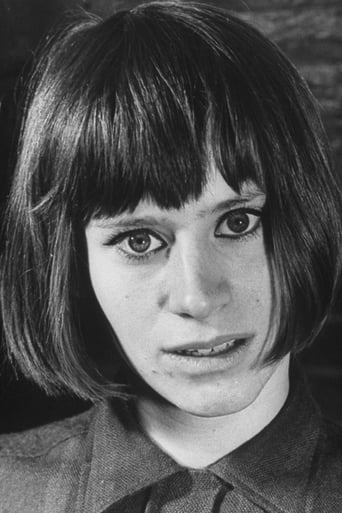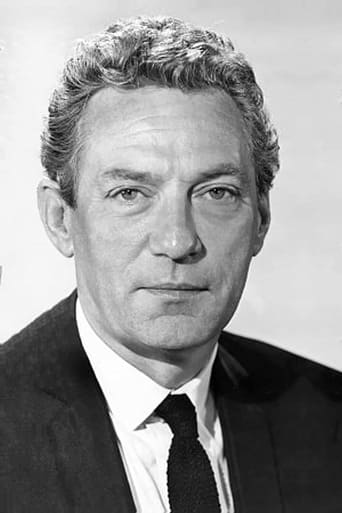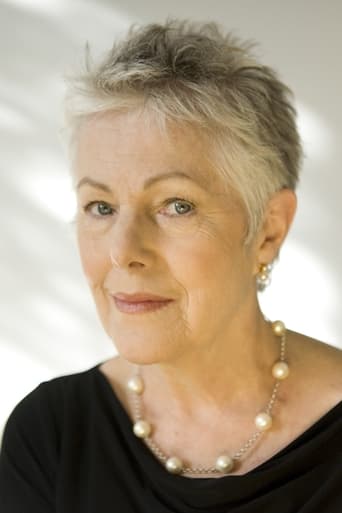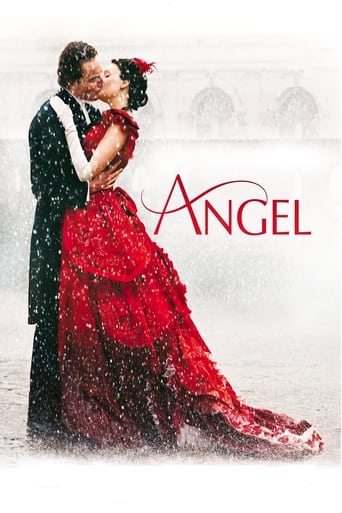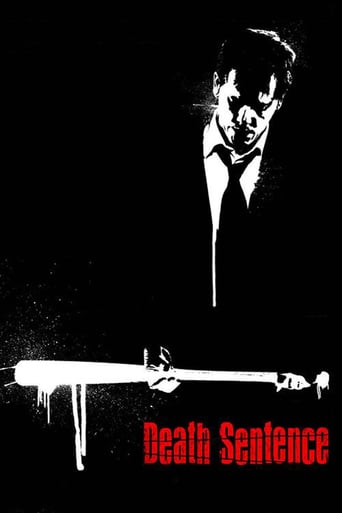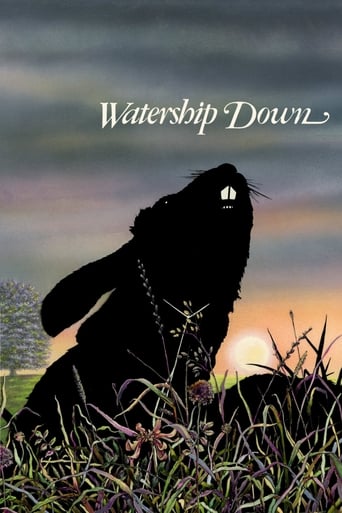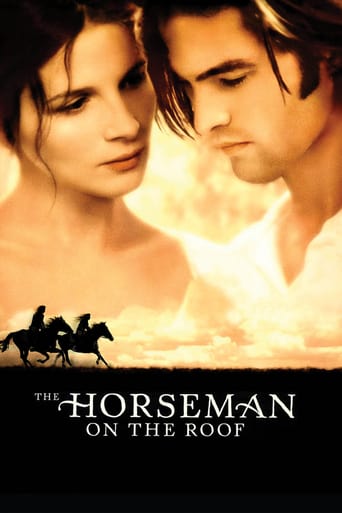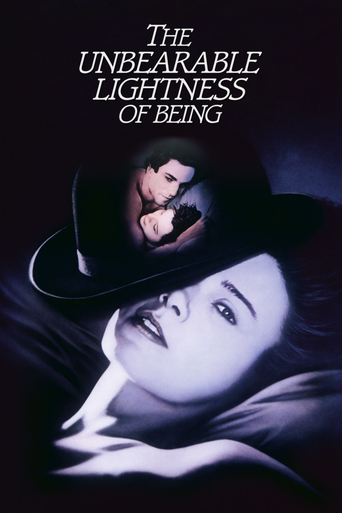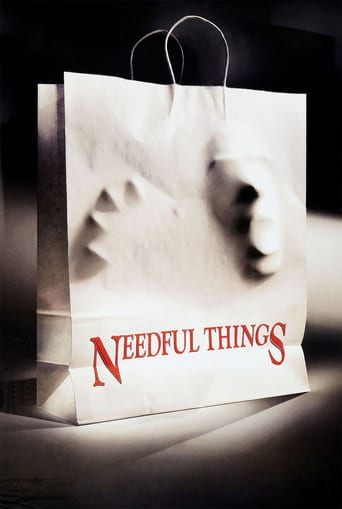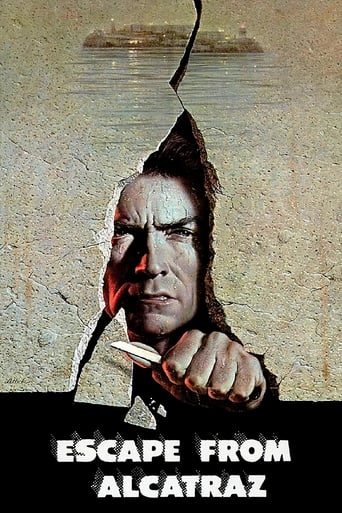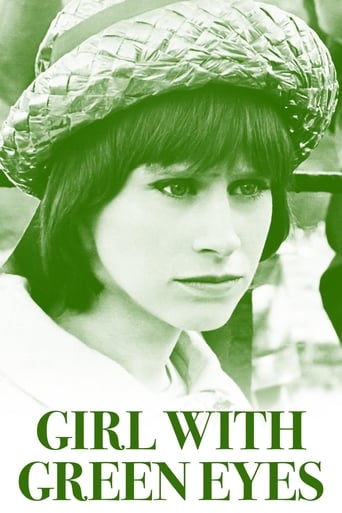
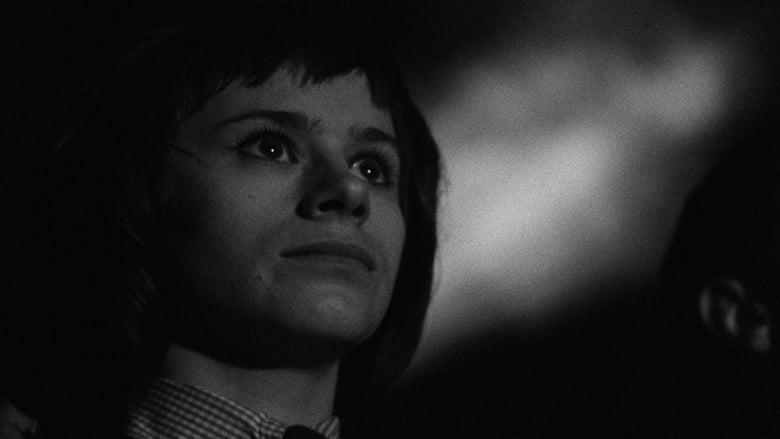
Girl with Green Eyes (1964)
Catholic-Irish farm girl Kate, along with her gregarious best friend Baba, moves to Dublin to pursue a more exciting life.
Watch Trailer
Cast


Similar titles
Reviews
I like the storyline of this show,it attract me so much
Excellent, Without a doubt!!
The film's masterful storytelling did its job. The message was clear. No need to overdo.
The film never slows down or bores, plunging from one harrowing sequence to the next.
Desmond Davis may be the finest director ever to have been 'overlooked' by the British film establishment. A former camera operator Davis directed his first feature in 1964 and it's a small masterpiece and one of the most beautifully shot black and white films in all of British cinema, (Manny Wynn was the DoP). "Girl with Green Eyes" was adapted by Edna O Brien from her novel "The Lonely Girl" and it's set in Dublin where friends Kate and Baba share lodgings and where Kate meets a much older English writer, (an excellent Peter Finch), with whom she has an affair.It's a very simple picture, closer in tone to the French New Wave than the British Kitchen Sink and while now it's largely been forgotten it was surprisingly successful in its day, winning the Golden Globe for Best English Language Foreign Film while Davis took the National Board of Review's Best Director prize. Davis followed it with two more superb 'small' films, "The Uncle" and another O'Brien story "I Was Happy Here" before a brief breakthrough into more commercial fare and then an awful lot of television. Still alive at ninety, his name may not mean much to the present generation of cineastes but his first three films alone, and "Girl with Green Eyes" in particular, have earned him his place in the sun
Seeing this film after 40-years reminded me how good Peter Finch was – just about the most worldly, in control guy you could hope to see on the screen. He seemed to get better looking as he got older, although he showed every one of his years.Rita Tushingham got all the raves at the time, and she was a unique presence around the early 60's; it's easy to see why she had an impact on the critics, she had a look with those big eyes and mobile features – she seemed to literally devour life in her early roles.Set in Ireland, Kate Brady (Rita Tushingham), a young country girl experiencing life for the first time in the city, has an affair with a much older man: a writer, Eugene Gaillard (Peter Finch). However, there are problems; he doesn't want to get too involved after a failed marriage, and she has inhibitions due to a suspicious father and her upbringing as a strict Roman Catholic.This was Desmond Davis first film as director, and possibly he was influenced by the French New Wave where everything had the feeling it was photographed by accident with plenty of sharp cutting. Some of the mood changes in the film are also a bit sudden as well. When Kate's father and friends arrive from the village to save her from Eugene, the film gets an attack of the John Fords with the whole sequence treated as broad comedy with even broader Irish characters.However there is assurance with the way the scenes of Kate and Eugene are handled. Kate although sensitive, is outspoken and often at odds with the older Eugene, she is a strong character and not as naive as he seems to think she is. Eugene makes allowances for Kate's youth, but is inclined to avoid confrontation – their exchanges are often intense, but also breezy and witty, with the odd insight thrown in.The bedroom scenes were quite frank for the times, even if they are of the sheets around the shoulders variety. John Addison's score has a wistfulness that portends the end of the affair, a sentiment echoed in the script. At one point Eugene observes, "There's no always in human relations people die, change, outgrow their best friends, nothing's permanent".Awkward touches aside, this is still an engaging film. It has two charismatic stars; a touch of sadness and a life-goes-on ending that feels about right.
This is a cute story about a young girl named Kate Brady, (Rita Tushingham) who lives with another girl named Baba Brenan, (Lynn Redgrave) and Baba sort of leads her roommate Kate around with her and is very talkative and has had plenty of relationships with men. However, Kate Brady becomes very interested in a man who is twice her age and begins to do everything she can to capture his attention. This man is Eugene Gaillard, (Peter Finch) who is a writer and a married man with a daughter and Eugene is not getting along very well with his wife and wants to get a divorce. Kate begins to get Eugene's full attention and before you know it, they are starting a strange relationship with each other which can lead to a great deal of trouble. Kate's family becomes involved and there are big problems facing Kate. This is a rather bitter sweet love story which is very true to what life is really all about. Enjoy.
Long into watching this studiously "small," slice-of-life portrait of a naive young woman, I was still wondering if the film would turn out, in the end, to have been worth watching. Earnest in its desire to be grittily true-to-life, in the neo-realist manner of the Angry Young Men, it is also clearly intoxicated with the quotidian lyricism and plain-spoken poetry of la nouvelle vague. It attempts to be charming and brutally frank at the same time, and manages, to some extent, to carry it off.But will we end up caring about Tushingham's somewhat obtuse small town escapee, or Finch's sophisticated cold fish? Or will we be left with the rather sodden sensation that we've wasted our time eavesdropping on bores? For my part, I was pleasantly surprised. The story ends with the palpable sense that Kate has grown up a bit, and Eugene has grown a little older and sadder. We've looked on as two people have lived their bittersweet lives, much as we live our own -- and we're a little sad to bid them adieu.To sum up: not as fresh and appealing today as it probably seemed in its time, but still rewarding and worthwhile.


